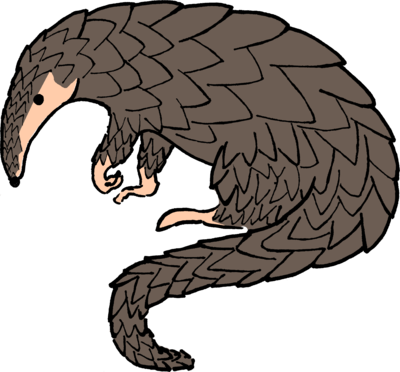I stumbled upon the following cheat sheet for Emacs yesterday, and it’s worth sharing. I already learnt or discovered again some nice default chords, like for example C-x C-o runs the command delete-blank-lines and C-M-o runs the command split-line. I guess I will use the later one a lot.
Hope you’ll like it!

